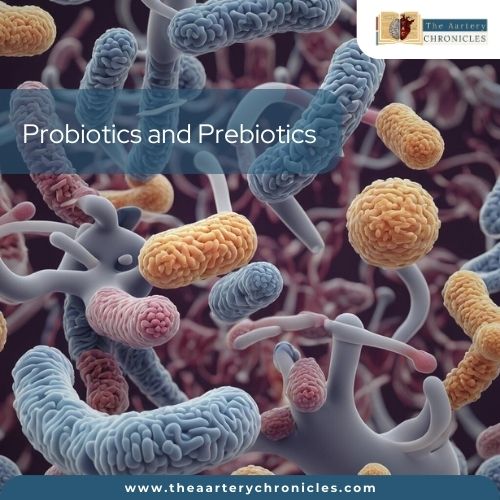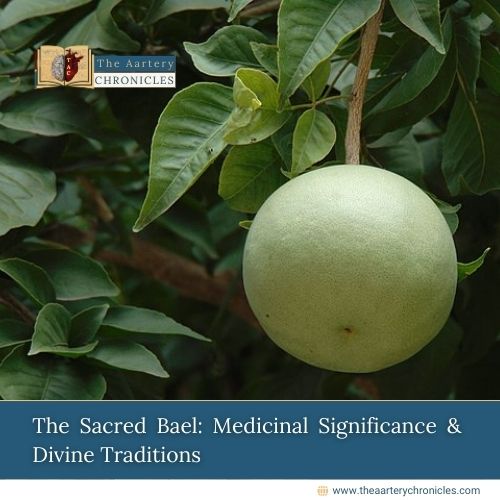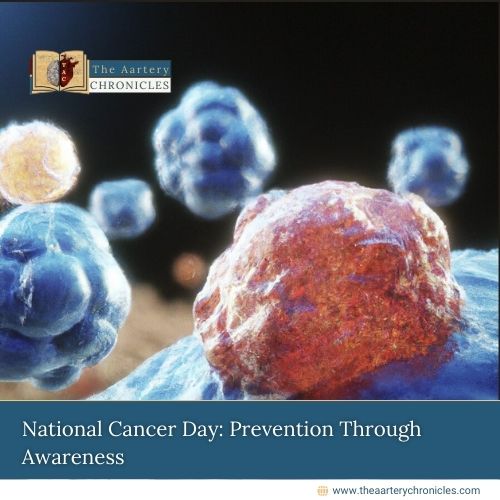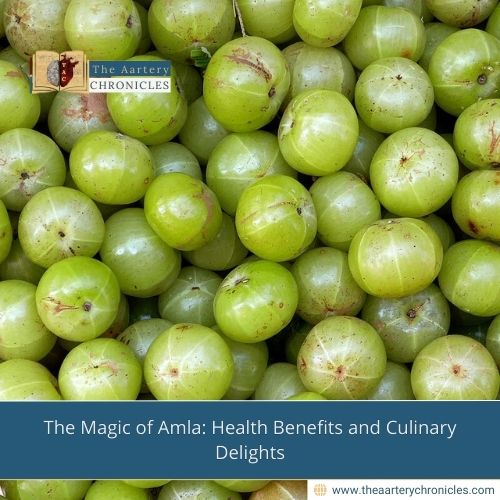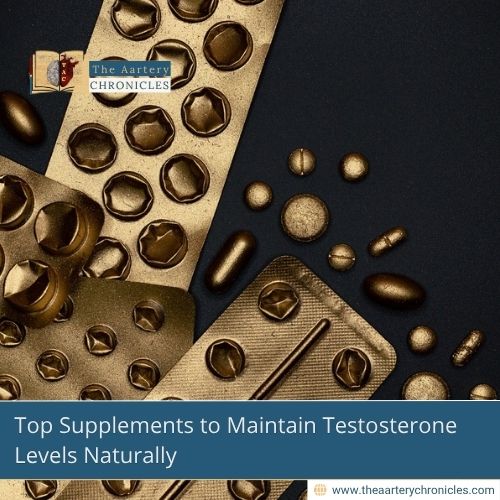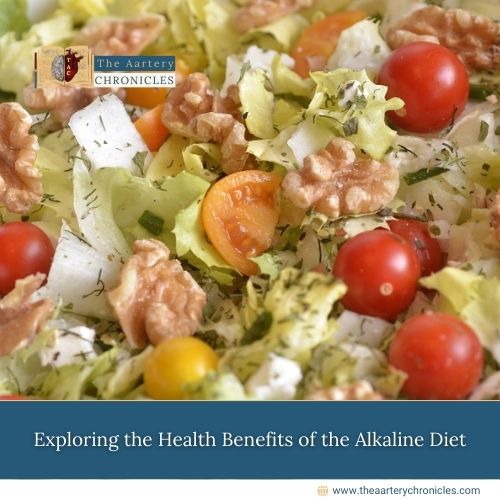
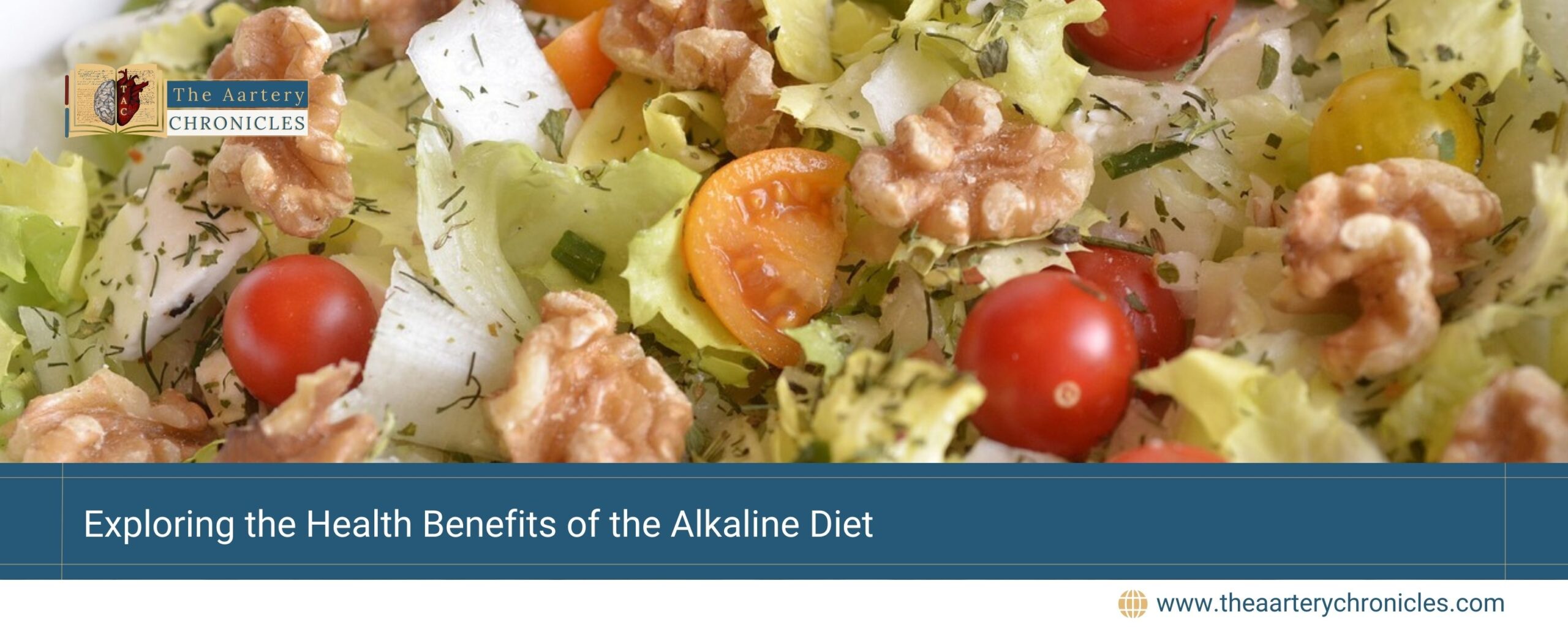
Exploring the Health Benefits of the Alkaline Diet
Overview
Our dietary habits have evolved with time. Numerous diets are trending, but not all of them are medically proven. Yet the proponents of such diets swear to their efficacy.
The alkaline diet is one such diet that supposedly increases the alkaline content in our body by consuming foods that contain a pH greater than 7, instead of consuming acidic foods, as acidic foods are unhealthy and harmful.
It aims to consume fruits, nuts, seeds, legumes, and leafy green vegetables or unprocessed foods that maintain our body’s Ph levels and decrease the consumption of acid-forming foods like refined sugars, meat proteins, dairy products, and grains.
- However, it has been observed that food does not affect the pH of the blood very much, though it has some effect on the urine.
- Our body’s pH levels (acidic or alkaline) are either acidic or alkaline.
- Different parts of our body have different pH levels, i.e. the blood has a pH of 7.35-7.45 being alkaline while the stomach has a pH of 1.5-2 being acidic. The regular acidic pH levels are 0.0-6.9, neutral pH levels are 7.0 and alkaline pH levels are 7.1 – 14.0.
The proponents of Alkaline diets cite its many benefits.
Benefits of the Alkaline diet
- pH balance: Alkaline foods may maintain the pH levels of the body, thereby reducing the risk of chronic diseases that are a result of high acidity levels in our body.
- Maintains bone health: Some research states that consumption of a highly alkaline diet consisting of fruits and vegetables, may be effective to maintain our bones by reducing the loss of calcium. However, studies are still required for the same.
- Muscle strength: Alkaline foods may reduce the acidity in our muscles during intense exercise thereby increasing our resistance and lessening muscle fatigue.
- Lesser chronic diseases: An Alkaline diet, consisting of fruits and vegetables, may lower the advent of chronic diseases like hypertension, stroke, and kidney stones, to name a few.
- Digestion: An Alkaline diet is easier to digest as it contains fruits, vegetables, and whole foods that are easy on the stomach and rich in fiber. This improves digestion.
- Weight management: An Alkaline diet does not propagate the consumption of fatty foods/processed foods, thereby it may result in weight loss.
- Nutrient absorption: An Alkaline diet may lead to proper absorption of the essential nutrients in our body.

Alkaline Foods
The following are the foods that form the Alkaline diet
- Vegetables like tomato, garlic, asparagus, cucumber, cauliflower, carrot, broccoli, potatoes, avocado, beet, mushrooms, peas, Brussels sprouts
- Leafy greens like spinach, kale, cilantro, romaine, parsley, chard, collards, lettuce
- FRUITS like apples, pineapple, cherries, bananas, apricots, melons – watermelon, cantaloupe, honeydew, limes and lemons, grapes,
- Nuts & seeds like chestnuts, pine nuts, pumpkin seeds, flax seeds, walnuts
- Legumes like kidney beans (rajma), white beans
- Grains like quinoa
- Herbs & spices like turmeric, cinnamon, pepper, ginger, mint, basil
- Fermented tofu, tempeh
- Mineral water and herbal teas
- Unsweetened fruit juices
Role of Alkaline Foods in Digestion and Acid Regulation
These foods may not have an alkaline pH rather they aid in the digestion process by regulating the metabolic acid (a natural product produced by our body) and eliminating the waste through the passage of urine.
- These foods are rich in antioxidants, fiber, and vitamins that promote good health.
- The foods that assist in digestion by breaking down and producing alkaline waste to neutralize the acid in the body are considered alkaline foods.
- Some acidic foods increase the acidic waste in our body and its elimination through the passage of urine, resulting in oxidative stress leading to hypertension and other chronic diseases. Examples of acidic foods are processed foods, instant pasta, soda, cheese, meat, fish, eggs, and ice cream.
The digestion of these alkaline foods alleviates the elimination of minerals like calcium through urine, thereby protecting the kidneys from the formation of kidney stones. This also protects our bones and reduces muscle mass.
Caution
As the Alkaline diet prohibits the consumption of various food groups like
- Dairy
- Meat-based proteins
- Fiber-rich foods
- Healthy fats.
It may lead to deficiencies in protein, calcium, vitamin B12, and other vital nutrients in our body. In addition, it may not be suitable for all, especially, those with underlying medical issues.
There is no substantial research or evidence that proves that an alkaline diet alters the pH levels in our body.
The moral of the story is a balanced diet, adequate hydration, exercise, stress management, self-care, mindfulness, and meditation, are the only deadly combination that makes you a healthy and calm person.
Last but not least: Always consult your medical practitioner before embarking on the journey of any diet, whether Alkaline or otherwise, as they can effectively guide you, based on your current health and medical history.
Fun Facts
- Did you know that an Alkaline diet is also known as an Acid-Alkaline diet/ Alkaline Ash diet?
- Many Hollywood celebrities like Victoria Beckham have promoted the Alkaline Diet. She has tweeted about an alkaline diet cookbook in January 2013.




